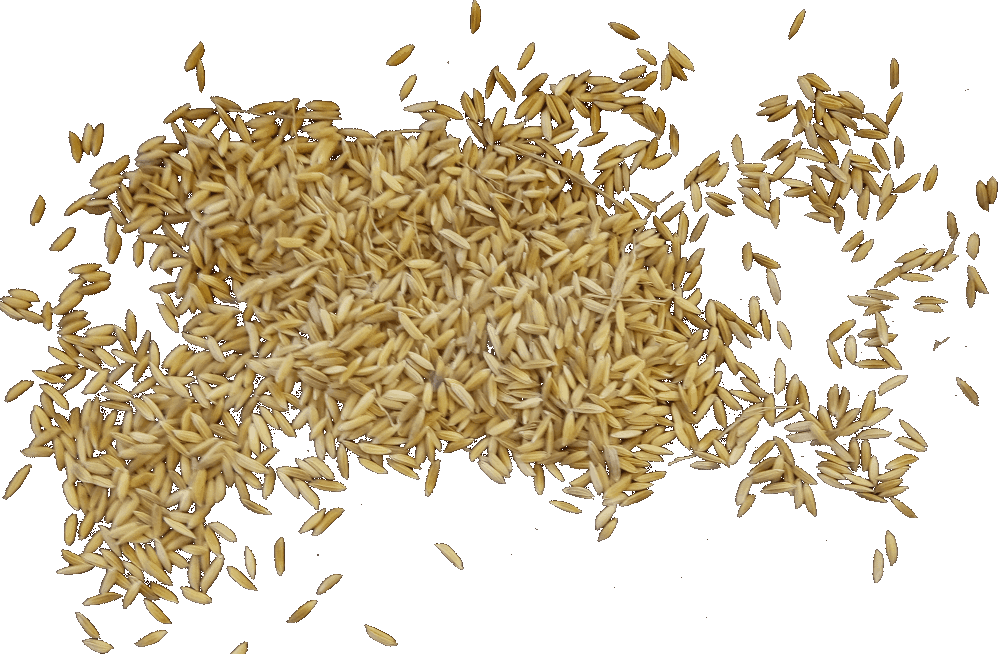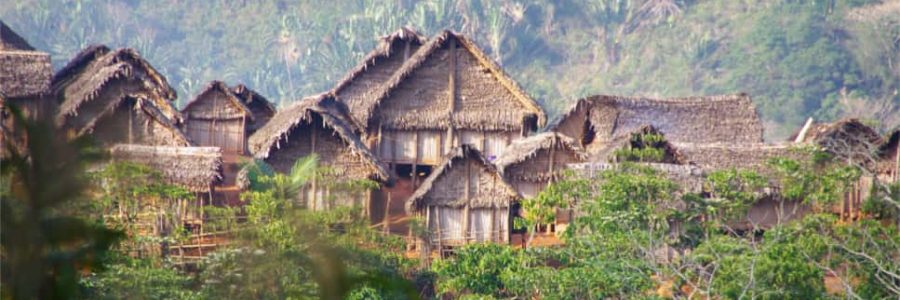When we arrived in Madagascar, we lived the first year in the capital, Antananarivo (Tana). In Tana, we started learning the official national language (Malagasy) and we researched where we would live and work on Madagascar. Many on Madagascar live in remote areas. These groups, roughly subdivided into 18 tribes, often can not read or write and speak their own dialect and therefore have great difficulty understanding the official language.
It is our passion to tell people about the good news of Jesus Christ. This good news, that Jesus came to restore the relation between humans and God, is almost unknown among the Antanala of Madagascar. This is why the Antanala are considered to be a so called un-reached people-group. What is more, the Antanala are considered to be one of the least reached people-groups on Madagascar.
The Antanala worship the spirits of their ancestors, they do nothing without consulting the spirits. Do you want to grow vegetables? Only if it is allowed! Marry that sweet girl from another tribe? That will not make the spirits happy! Someone in the family sick? Somebody else has done something that made the spirits angry! These and other thoughts are incomprehensible to an average European, but to the Malagasy it is part of everyday life.
From the capital, we visited the area several times. We spoke with various village elders and asked whether we would be welcome to come and live with them. When the village elders heard that we wanted to tell the people about Jesus, they unanimously agreed to help us where necessary. “If your news is really good then you have to come soon!”
We moved to Maroamboka in February 2017 and lived there until February 2022. Maroamboka is one of the bigger villages in the area. We started to do what our hands found to do (Ecclesiastes 9:10). Clean water supply was one of the first things that we have been working on. If you do not speak the language correctly, it is best to start with your hands and feet. Also, we tried to create an awareness of the importance of a good hygiene. Things, such as good toilets or keeping the rats away (fleas on rats can pass on diseases like the plague) are self-evident to us. These basic things are taught in school. Schooling! Such a privilege, and in the West we take it for granted. It is good to be able to let people share in that knowledge.
We became good friends with the local teacher, Menja. Menja speaks both the official Malagasy and the Antanala dialect. He helped us with the dialect.
As we started to understand the Antanala dialect better, we also started translating Bible stories. Together with Menja we translated 41 stories in Antanala during the first period:
Besides these stories, we also started to translate the Gospel of Luke and the Acts of the Apostles. For the first time, people could see their own language in writing! As noted earlier, most people cannot read or write and have a hard time understanding the official national language, Merina-Malagasy. How beautiful is it to hear these beautiful stories in your heart language.
Armed with these stories, we went from village to village. Menja is already Christian and as the translations progressed, he became extremely enthusiastic. We sincerely hope that like-minded people will tell the Gospel of Jesus among their own people so that they can make their own choice.
We now live in the capital city, Antananarivo again. With regularity, we still visit Maroamboka. Translation work continues, and we are now working on the Book of Genesis.
We are convinced that the biblical truths bring true freedom. Free to plant what you want; to marry whom you want; think outside the box whenever you want. With Jesus as Lord, you do not have to be afraid of the spirits any more. These spirits all have one thing in common: They are the spirits of the dead. Jesus, He who has been dead for three days has returned from the grave, is stronger than death. He is the Lord of the living.

